Editorial
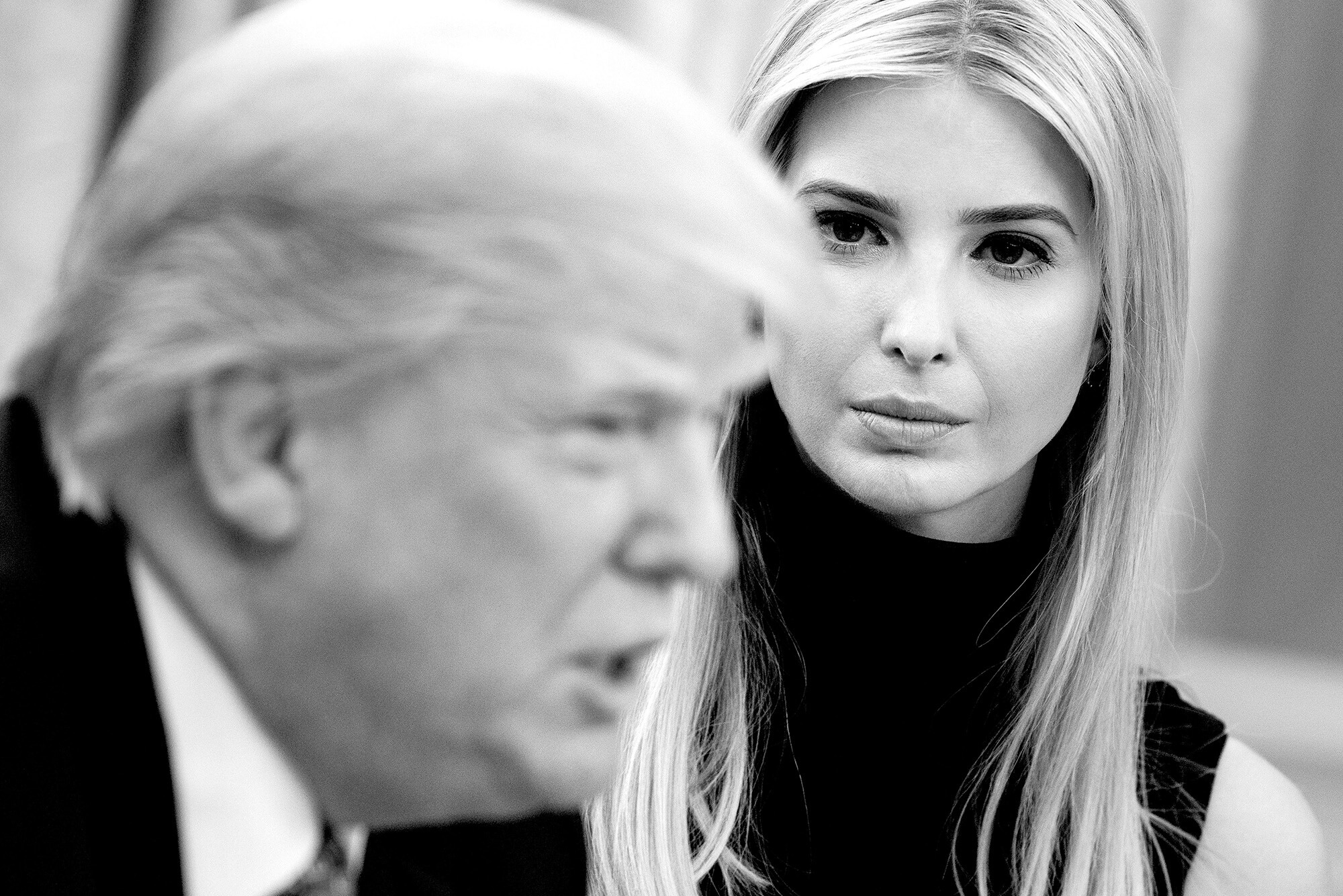
Donald Trump took nepotism to a new level, populating the White House with loyalists and family members unqualified for their roles, including his daughter Ivanka Trump and his son-in-law Jared Kushner.
Donald Trump took nepotism to a new level, populating the White House with loyalists and family members unqualified for their roles, including his daughter Ivanka Trump and his son-in-law Jared Kushner. BRENDAN SMIALOWSKI / AFP/Getty Images
A sordid family affair
On the 2016 campaign trail, Donald Trump told voters that if they elected him, he would surround himself with the “best” and “most serious” people — a dubious claim given that he had long associated with fraudsters and crooks during his turbulent career in the private sector. Quickly after he was elected, however, it became clear that Trump planned on running the government the same way he ran his business: Hire his family to top positions and flood the White House with loyalists. The result was corruption, incompetence, and what clearly did not come close to meeting the bar of “best” or “most serious.”
In fact, two of Trump’s earliest White House appointments were glaring examples of his willingness to engage in petty corruption: On Jan. 9, 2017, Trump hired his son-in-law Jared Kushner as a senior White House adviser, which, only a few months later, was followed by the new president giving a similar role to his daughter Ivanka Trump.
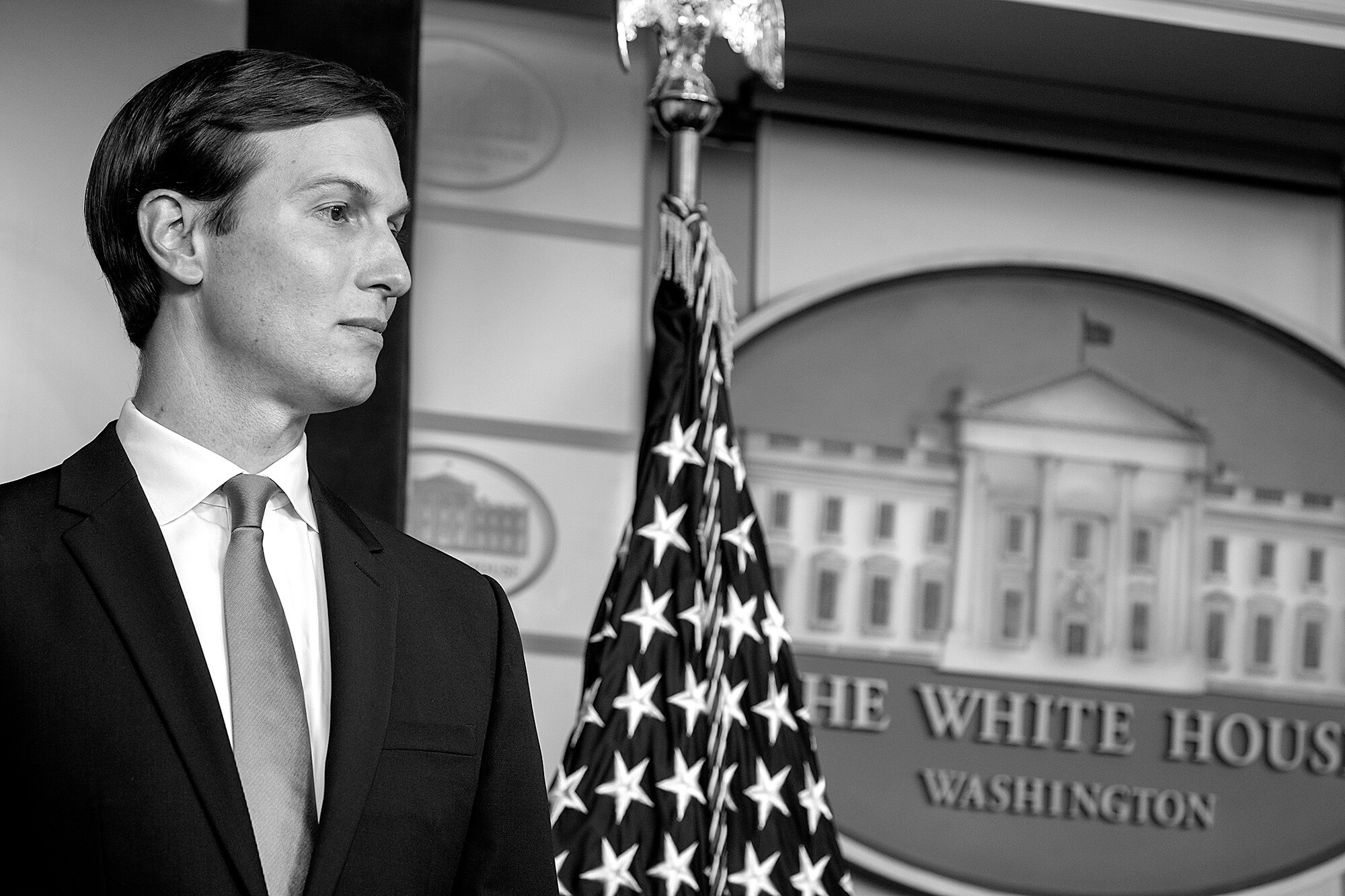
Donald Trump’s decision to appoint his own family members to high-ranking White House positions resulted in disastrous policy choices, as was the case when his son-in-law Jared Kushner took a leading role in the administration’s pandemic response despite his lack of experience. Tasos Katopodis / Getty Images
These appointments were troublesome for several reasons. First, neither Kushner nor Ivanka Trump had prior qualifications for the work they were assigned, meaning that their appointments were made on the grounds that they had a close relationship with the president. (That relationship would later allow them to get special treatment and give them the ability to flout certain ethics rules.) Second, though both Kushner and Ivanka waived their White House salaries, they still stood to profit from their role in the administration — expanding the Trump family’s use of the presidency as a for-profit operation. And third, such clear displays of nepotism by public officials are illegal — a law that technically applies to the president as well, but in which Trump managed to find loopholes.
While serving in the Trump White House, Ivanka and Kushner did indeed leverage their positions to bolster their profits. Like Trump, neither of them had fully divested from their businesses, and Kushner sold his stake in one of his businesses only after it directly benefited from the tax bill that his father-in-law signed into law. Kushner’s family’s real estate company came under scrutiny on several occasions because his family members appeared to lean on their relationship with the administration. At one business event in Beijing, Kushner’s sister promoted an EB-5 visa program — which grants immigrants a path to citizenship if they invest substantially in a company that creates jobs in the United States — and essentially implied that her relationship with her brother would help expedite a pathway to citizenship for investors in a Kushner-owned property before the visa program rule was set to change the minimum investment from $500,000 to $900,000. And Kushner’s family company had business dealings in Israel even as one of his chief responsibilities included Middle East policy.
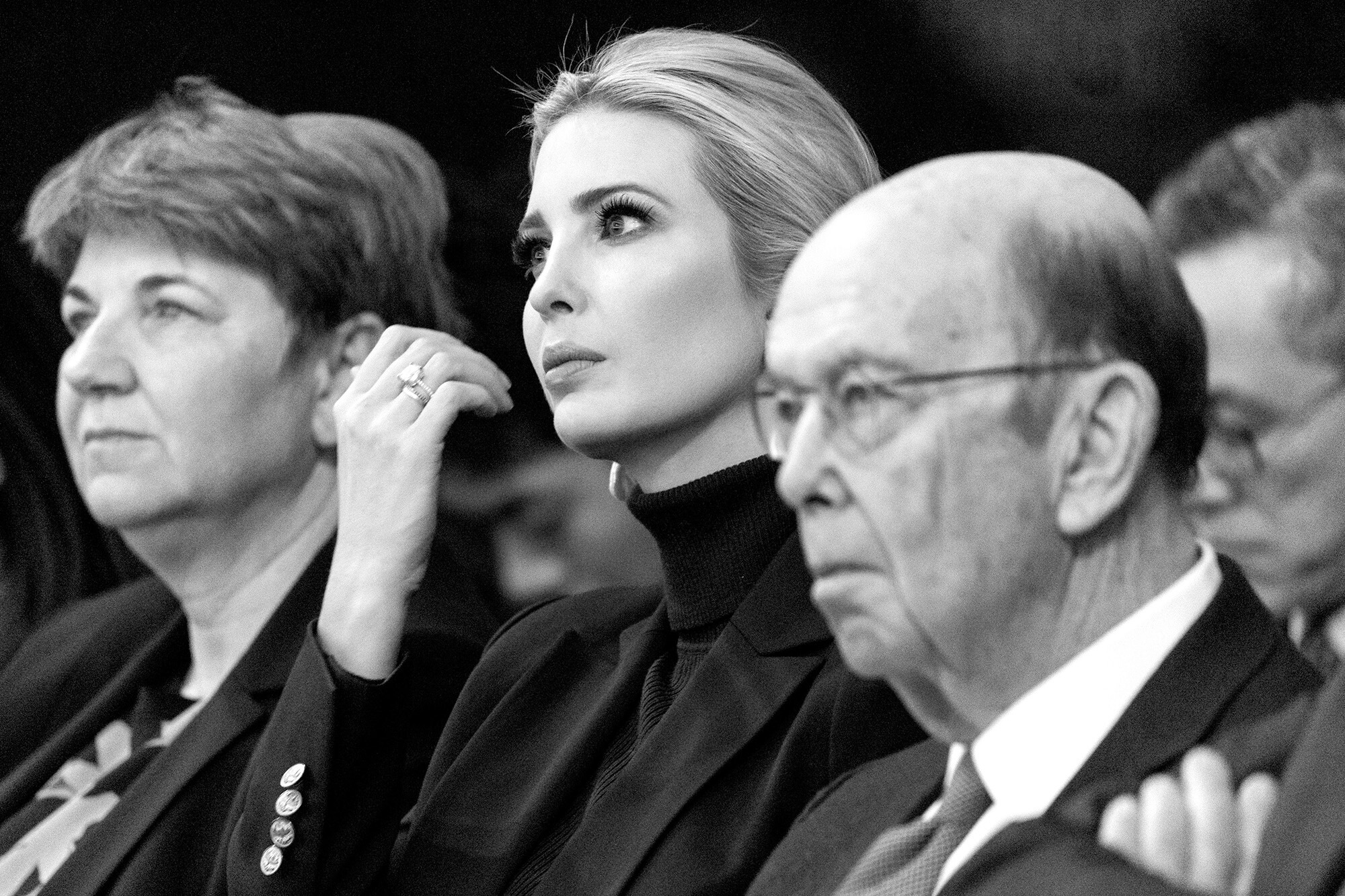
The fact that Ivanka Trump and Jared Kushner did not take government salaries while serving in the White House did not keep them from enriching themselves while holding public office. Alessandro della Valle / Keystone via AP
Trump was hardly the first president to appoint relatives to top jobs; John F. Kennedy famously nominated his brother for attorney general and appointed his brother-in-law as the Peace Corps’ first director. Given that nepotism is an easy opportunity for public officials to turn their public office into a money-making enterprise — one that the Trump family clearly took advantage of — it’s important to crack down on it at every level of government. After all, nepotism is an act of self-enrichment in and of itself and a quintessential example of petty corruption that undoubtedly sows distrust in government.
"Nepotism is an act of self-enrichment in and of itself and a quintessential example of petty corruption."
That distrust would be justified. Filling up key government posts with close relatives of the president, for example, will probably result in a staff that’s more loyal to the president than they are to government institutions, or even to democracy itself. Nepotism is also unlikely to produce the most competent government; Kushner, for example, was profoundly unqualified for his wide-ranging role, and the American people paid the price when he took a leading role in the Trump administration’s coronavirus response.
In democracies, nepotism can quickly grow rampant. In India, for example — the world’s largest democracy — political dynasties have dominated the nation’s politics since the country gained independence from the British. In fact, in 2009, nearly a third of the country’s elected members of parliament had relatives who served in public office immediately before them or at the same time. And that can easily become a relatively accepted norm: According to one survey, 46 percent of Indians said that they would “prefer” voting for a candidate who comes from a political family. (India has been consistently ranked by international corruption watchdog groups as one of the most corrupt countries in the world.)
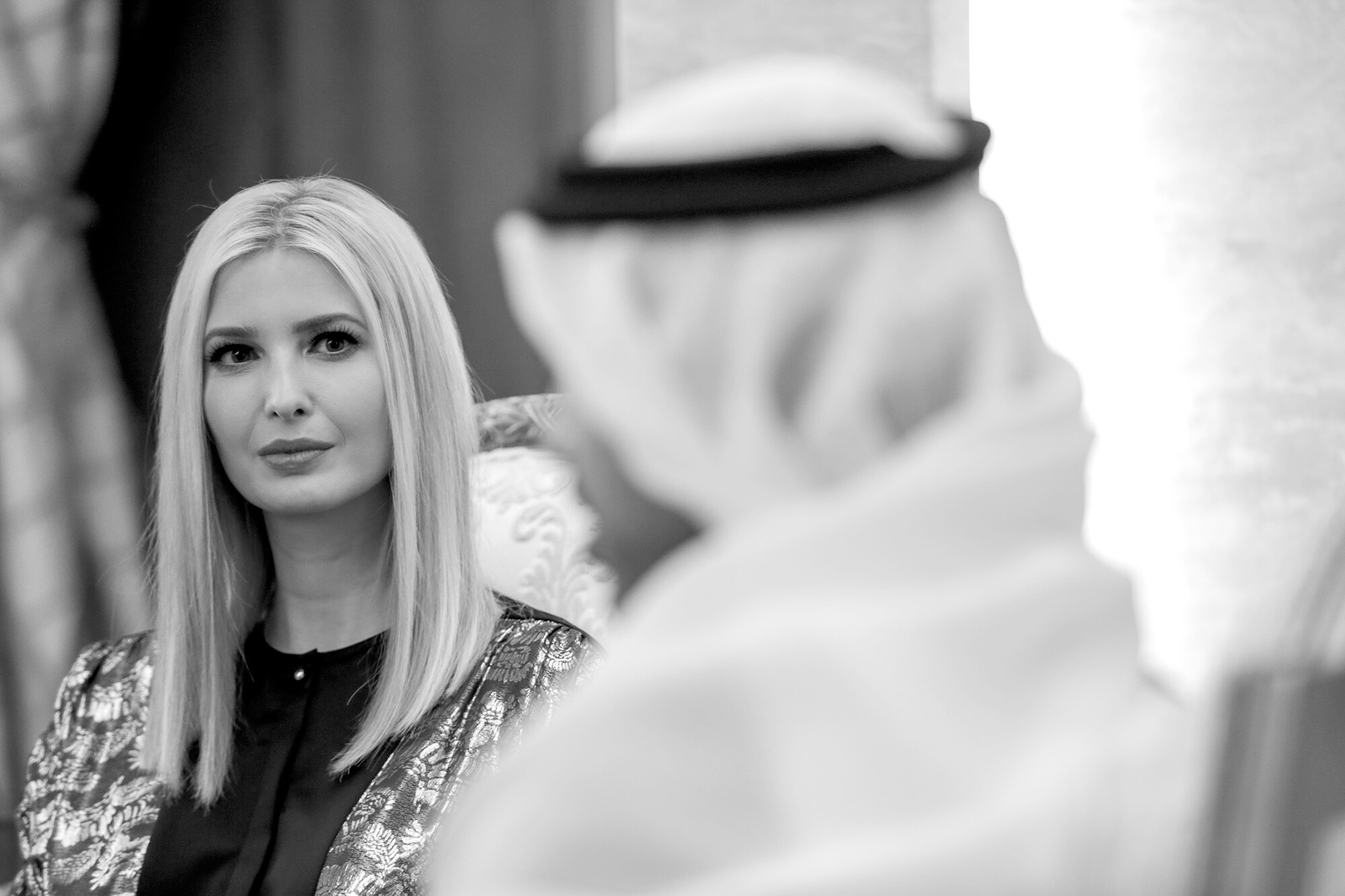
Filling government posts with the president’s family members risks officials becoming more loyal to the president than the democratic institutions they are supposed to serve. Christopher Pike / Pool Photo via AP
In order to eradicate nepotism from government, an example must be set from the very top, which is why Congress should ensure that anti-nepotism laws apply to both the president and vice president.
When Trump hired Kushner, some legal scholars argued that the president does not have to abide by the federal anti-nepotism statute. That’s why, in order to ensure that this degree of corruption does not take place, Congress should pass a bill to make explicit that the president cannot appoint a relative to any official government post, even if they forgo a salary. In the event that a president’s relative is widely perceived to be the best qualified for a certain role, that appointment should require a waiver from Congress so that the candidate can be evaluated on their merits. Appointments of family members should be the exception, not the norm.
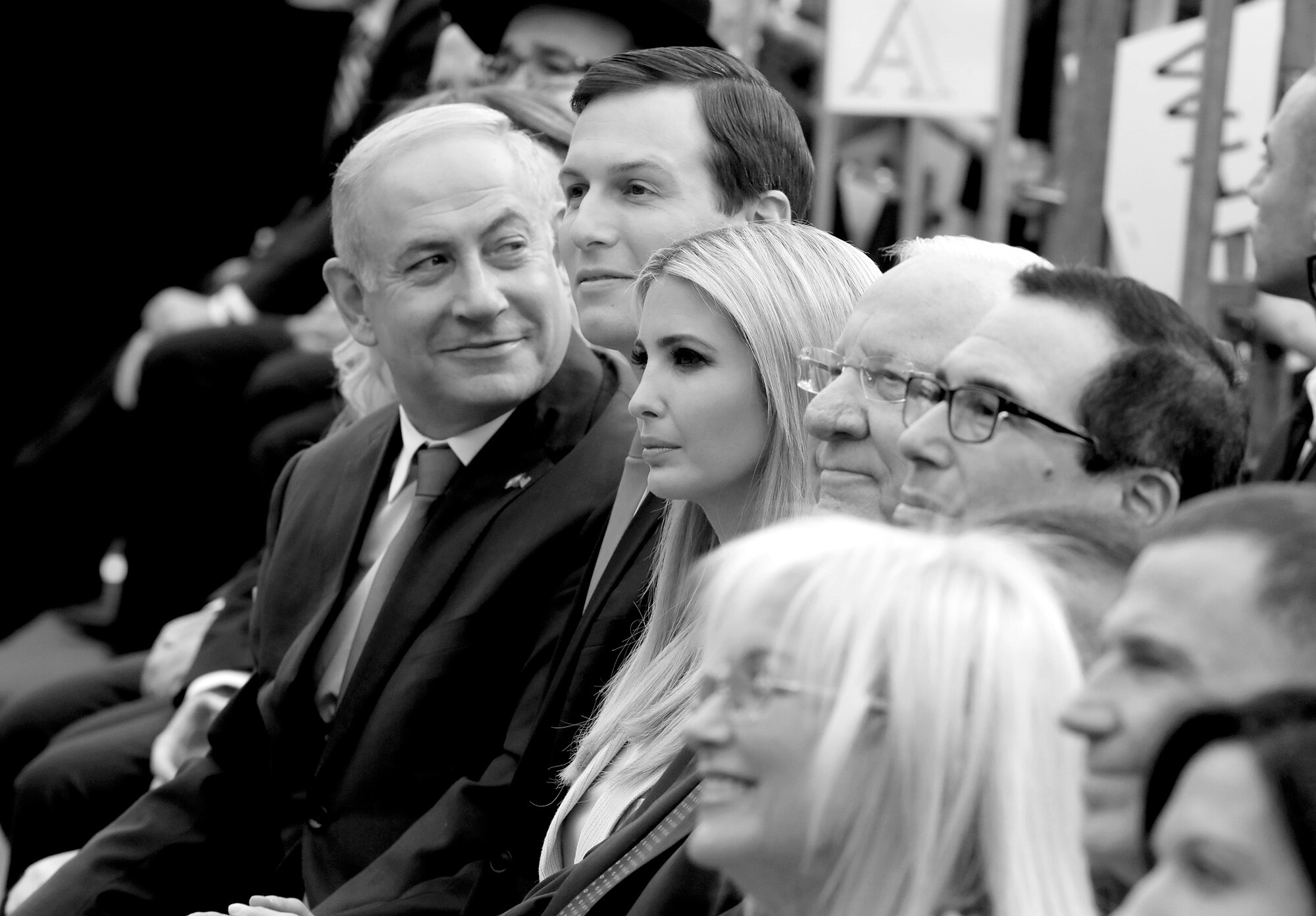
Nepotism erodes trust in government and often results in wholly unqualified people being entrusted with critical roles to the nation’s interests, whether negotiating peace in the Middle East or leading pandemic response. MENAHEM KAHANA / AFP/Getty Images
There’s also the issue of fixing the existing law. While there does exist a federal anti-nepotism statute, the penalty is to withhold salary from the appointee, and both Kushner and Ivanka had already waived their government salaries. But since that didn’t stop them from using their positions in government to make money in the private sector, it’s clear that anti-nepotism laws should have stricter penalties, including job termination if the appointment is proved to have been made on the grounds of an employee’s relationship to the president rather than their qualifications.
Given just how many conflicts of interest consumed the Trump family while they were in the White House, it’s time to ensure that no future president will follow Trump’s example. Because if nepotism is not seriously addressed, then Trump’s presidency would only serve as a blueprint for other corrupt business families to run for office to expand their wealth in the future.
Nepotism is a defining characteristic of monarchies — a system of government the Founders specifically wanted to expel from the United States. So it’s time for Congress to stop, even on occasion, letting the president be king.